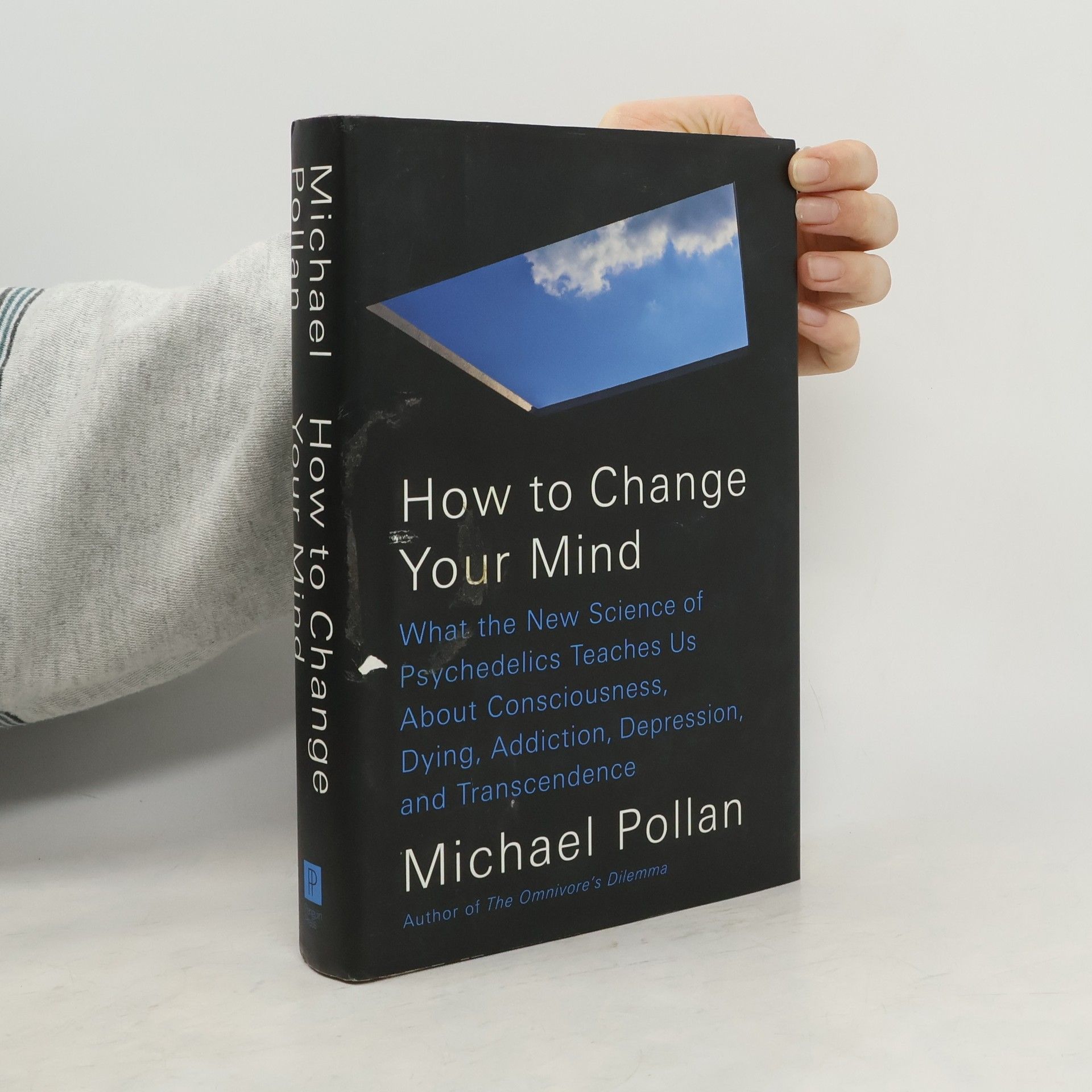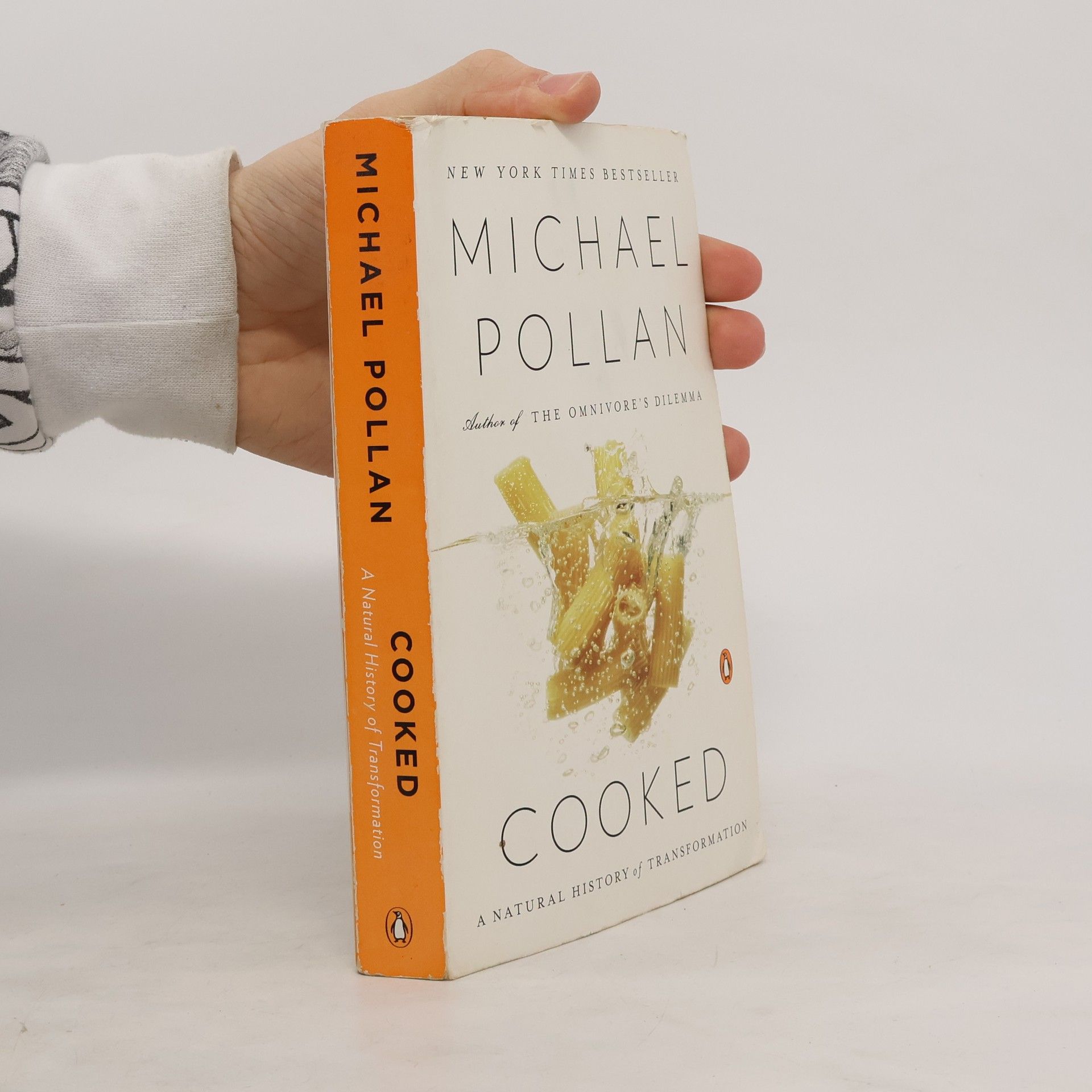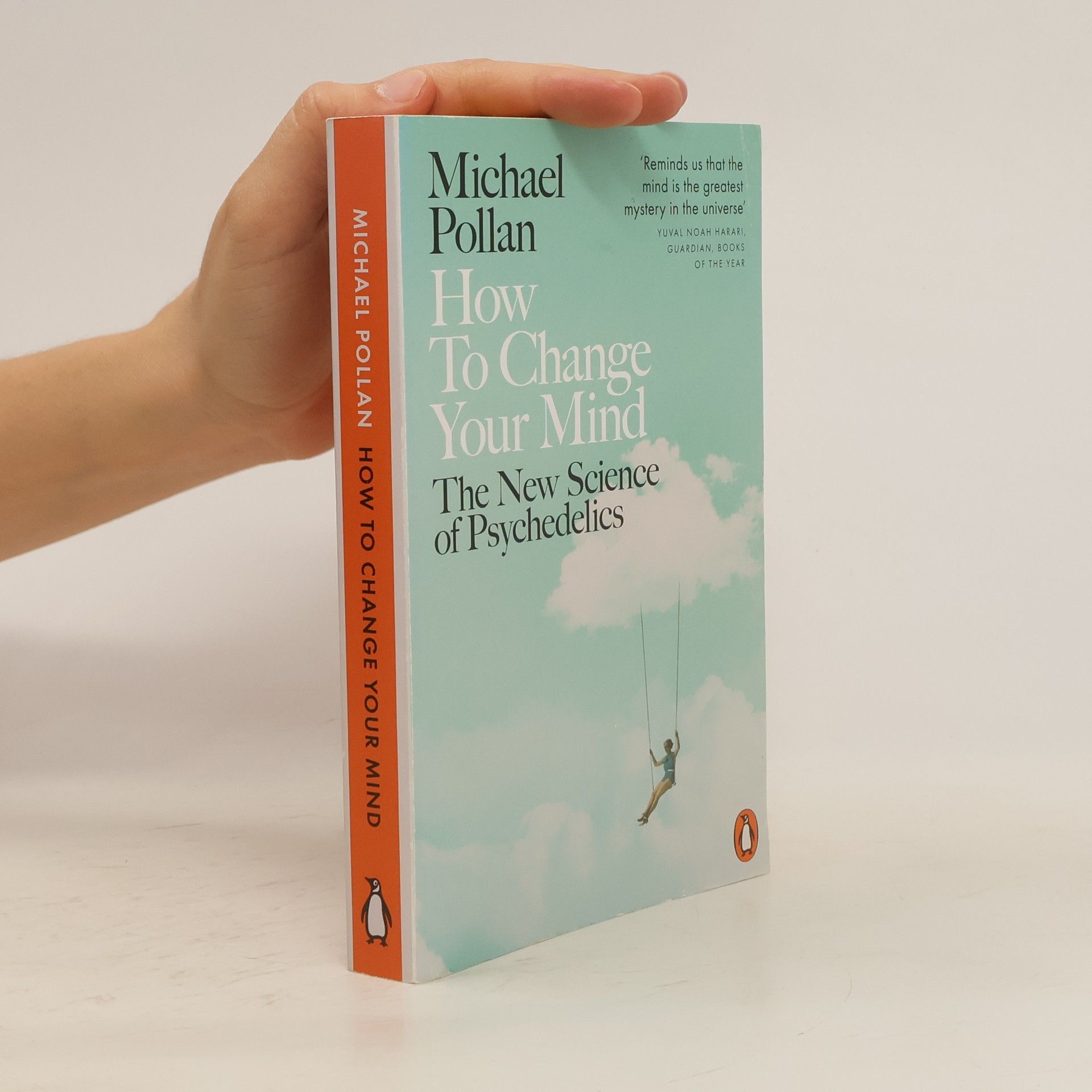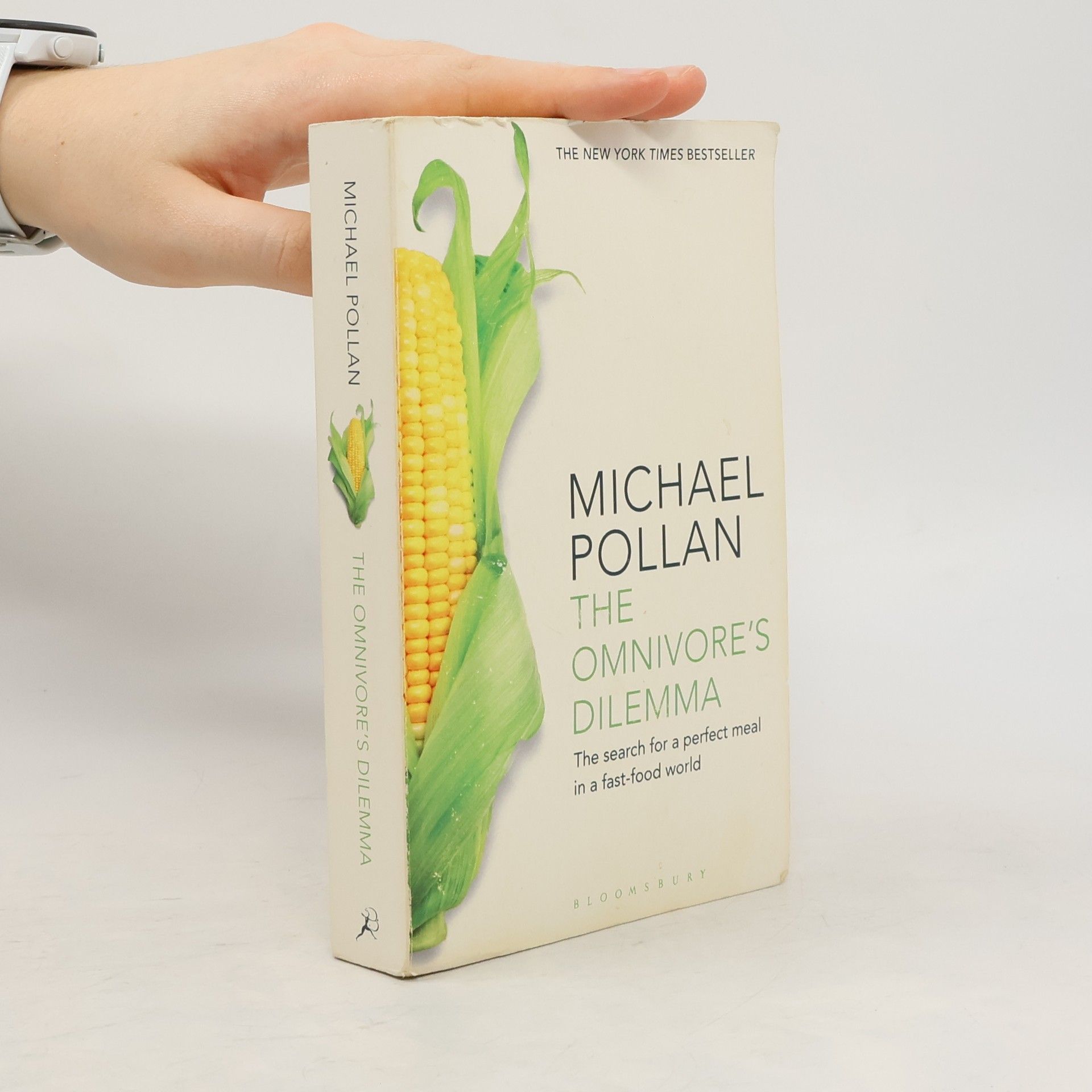Da dove vengono i cibi che ingeriamo? Che cosa stiamo mangiando davvero? Michael Pollan decide di improvvisarsi ''detective del cibo'' per conoscere l'evoluzione e i segreti nascosti dietro quello che si mangia, dal seme al frutto, dalla storia del ''cibo con una faccia'' alla carne lavorata e anatomicamente irriconoscibile. Inizia così una ricerca che lo porta a conoscere varie realtà, dalla produzione industriale a quella dei produttori diretti. Fast food, supermercati, fabbriche, macelli e piccole fattorie diventeranno il terreno della sua instancabile marcia verso la consapevolezza. In questo viaggio pieno di scoperte ma anche di incertezze, Pollan dovrà affrontare molte esperienze che lo metteranno a dura prova, dovrà combattere e accettare compromessi, dovrà forzare la sua indole e imparare a cacciare e a uccidere per nutrirsi. Alla fine però ritroverà la strada di un rapporto diverso con madre natura e sarà in grado di scegliere come comprare, cucinare e mangiare. La sua ricerca si conclude con un menù a quattro portate dove finalmente quello che c'è nel piatto non è più un dilemma ma la storia appena raccontata.
Michael Pollan Libri
Michael Pollan è un autore e giornalista americano che esplora principalmente la complessa relazione tra esseri umani e piante. Il suo lavoro approfondisce gli impatti culturali, etici e ambientali del modo in cui coltiviamo e consumiamo il cibo. Lo stile di scrittura di Pollan è acuto e accessibile, guidando i lettori attraverso argomenti intricati con chiarezza. I suoi influenti libri hanno innescato conversazioni globali sull'agricoltura sostenibile e sul nostro legame con il mondo naturale.







When Michael Pollan set out to research how LSD and psilocybin (the active ingredient in magic mushrooms) are being used to provide relief to people suffering from difficult-to-treat conditions such as depression, addiction and anxiety, he did not intend to write what is undoubtedly his most personal book. But upon discovering how these remarkable substances are improving the lives not only of the mentally ill but also of healthy people coming to grips with the challenges of everyday life, he decided to explore the landscape of the mind in the first person as well as the third. Thus began a singular adventure into various altered states of consciousness, along with a dive deep into both the latest brain science and the thriving underground community of psychedelic therapists. Pollan sifts the historical record to separate the truth about these mysterious drugs from the myths that have surrounded them since the 1960s, when a handful of psychedelic evangelists inadvertently catalyzed a powerful backlash against what was then a promising field of research.
How To Change Your Mind. The New Science of Psychedelics.
- 480pagine
- 17 ore di lettura
When LSD was first discovered in the 1940s, it seemed to researchers, scientists and doctors as if the world might be on the cusp of psychological revolution. It promised to shed light on the deep mysteries of consciousness, as well as offer relief to addicts and the mentally ill. But in the 1960s, with the vicious backlash against the counter-culture, all further research was banned. In recent years, however, work has quietly begun again on the amazing potential of LSD, psilocybin and DMT. Could these drugs in fact improve the lives of many people? Diving deep into this extraordinary world and putting himself forward as a guinea-pig, Michael Pollan has written a remarkable history of psychedelics and a compelling portrait of the new generation of scientists fascinated by the implications of these drugs. How to Change Your Mind is a report from what could very well be the future of human consciousness.
Cooked. Kochen, englische Ausgabe
- 480pagine
- 17 ore di lettura
Recounts the story of the author's culinary education and the roles of the four classical elements of fire, water, air, and earth in transforming natural ingredients into delicious meals and drinks
How to Change Your Mind
What the New Science of Psychedelics Teaches Us About Consciousness, Dying, Addiction, Depression, and Transcendence
- 464pagine
- 17 ore di lettura
The author captivates readers with a clear and confident narrative style that maintains engagement throughout the book. Through insightful observations and a well-structured approach, the writing encourages reflection and provokes thought, making it a compelling read that resonates with audiences.
Saveur: The New Classics
- 624pagine
- 22 ore di lettura
The omnivore's dilemma: the search for a perfect meal in a fast-food world
- 464pagine
- 17 ore di lettura
What shall we have for dinner? Such a simple question has grown to have a very complicated answer. We can eat almost anything nature has to offer, but deciding what we should eat stirs anxiety. Should we choose the organic apple or the conventional? If organic, local or imported? Wild fish or farmed? Low-carb or low-cal? As the American culture of fast food and unlimited choice invades the world, Pollan follows his next meal from land to table, tracing the origin of everything consumed and the implications for ourselves and our planet. His astonishing findings will shock all who care about what they put on their plate.
The first book to reveal the undiscovered jewels of Southeast Asian cuisine.
The Botany of Desire Young Readers Edition
- 208pagine
- 8 ore di lettura
By the bestselling author of The Omnivore's Dilemma, this is Michael Pollan's ingenious companion book about the surprising and close relationship between people and plants.
In Defense of Food. An Eater's Manifesto
- 330pagine
- 12 ore di lettura
A #1 New York Times Bestseller -- "Eat food. Not too much. Mostly plants." These simple words go to the heart of Michael Pollan's In Defense of Food, the well-considered answers he provides to the questions posed in the bestselling The Omnivore's Dilemma.Writing In Defense of Food, and affirming the joy of eating, Pollan suggests that if we pay more for better, well-grown food, but buy less of it, we'll benefit ourselves, our communities, and the environment at large. Taking a clear-eyed look at what science does and does not know about the links between diet and health, he proposes a new way to think about the question of what to eat that is informed by ecology and tradition rather than by the prevailing nutrient-by-nutrient approach.
